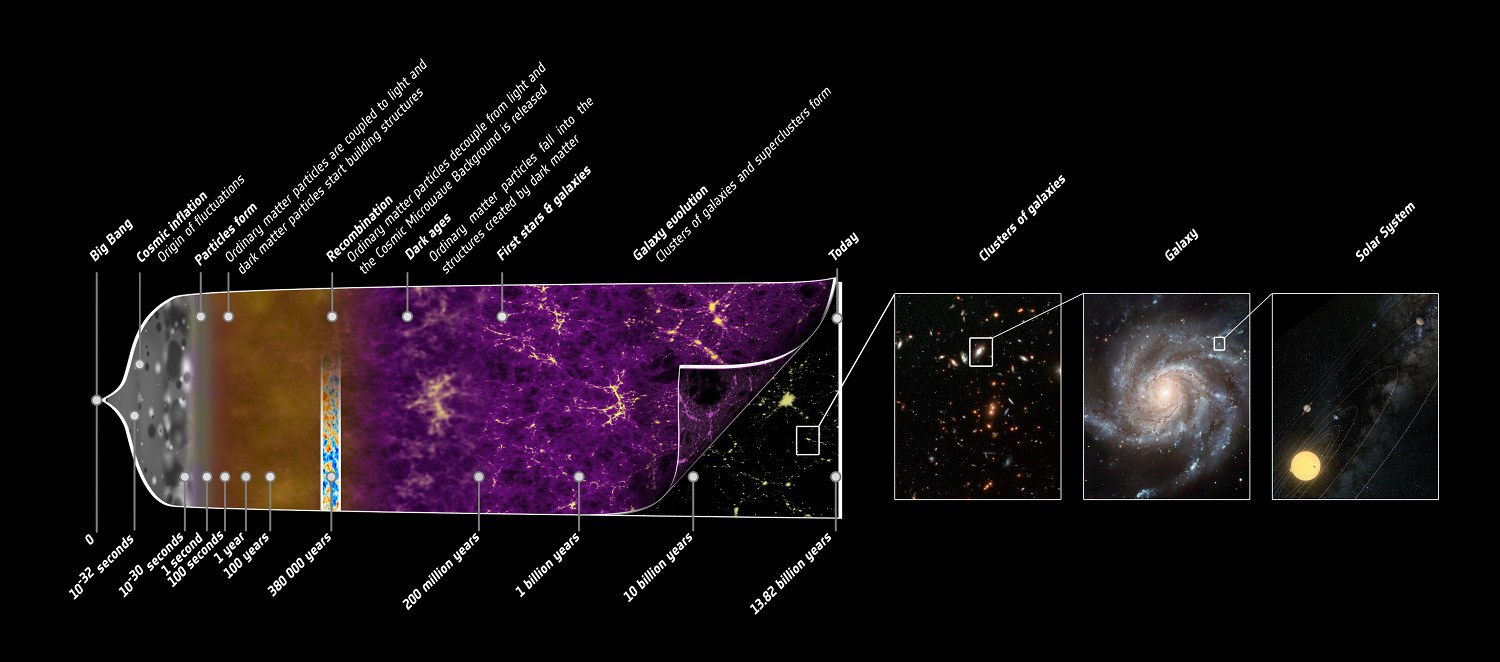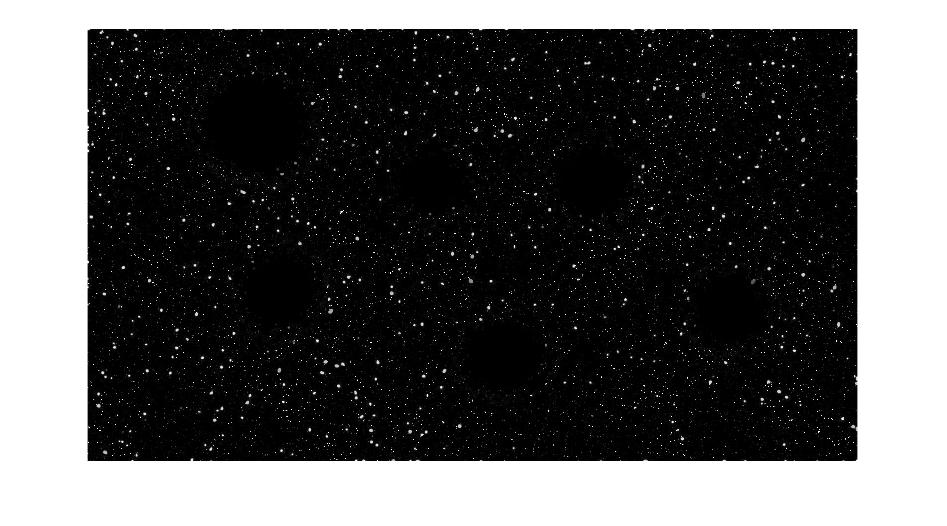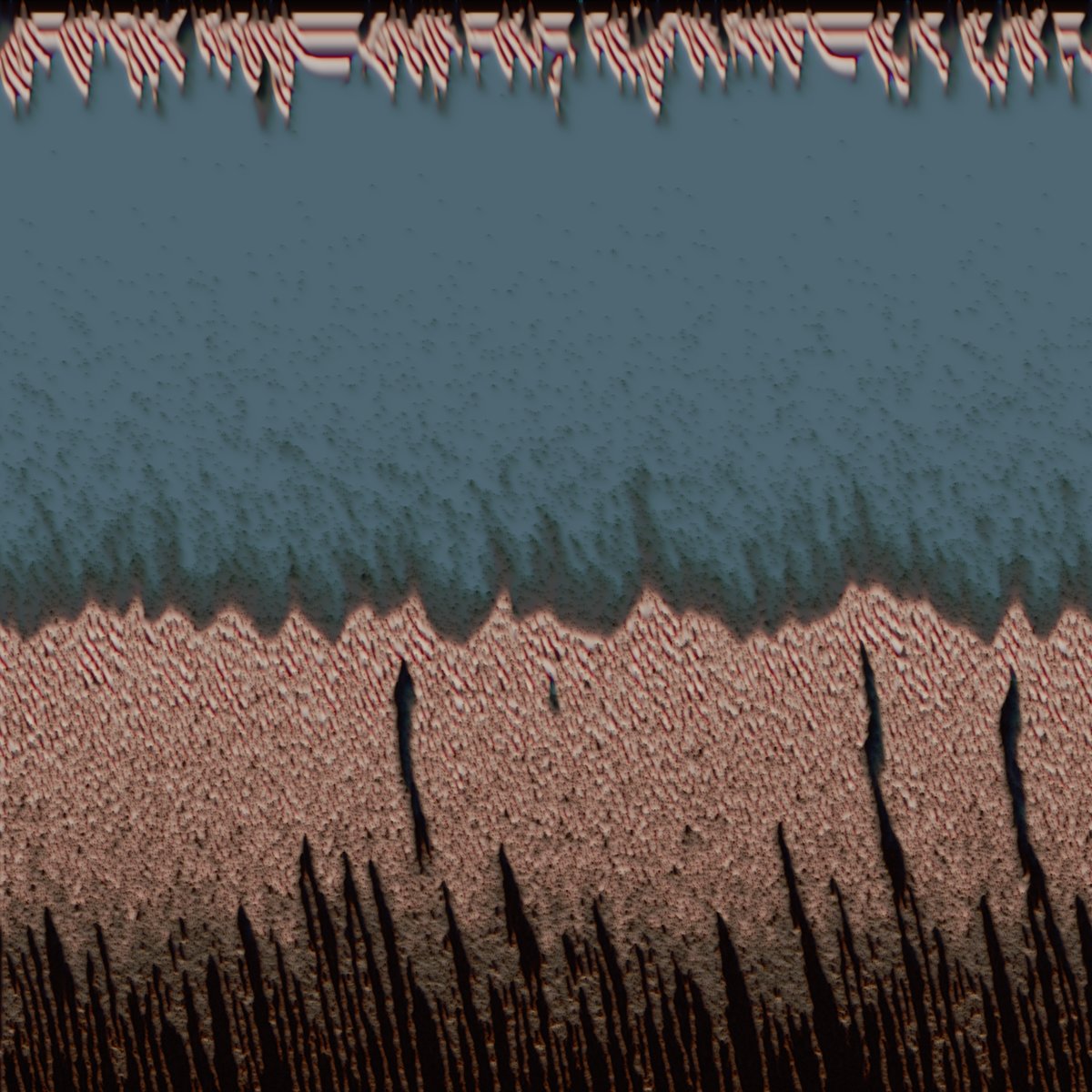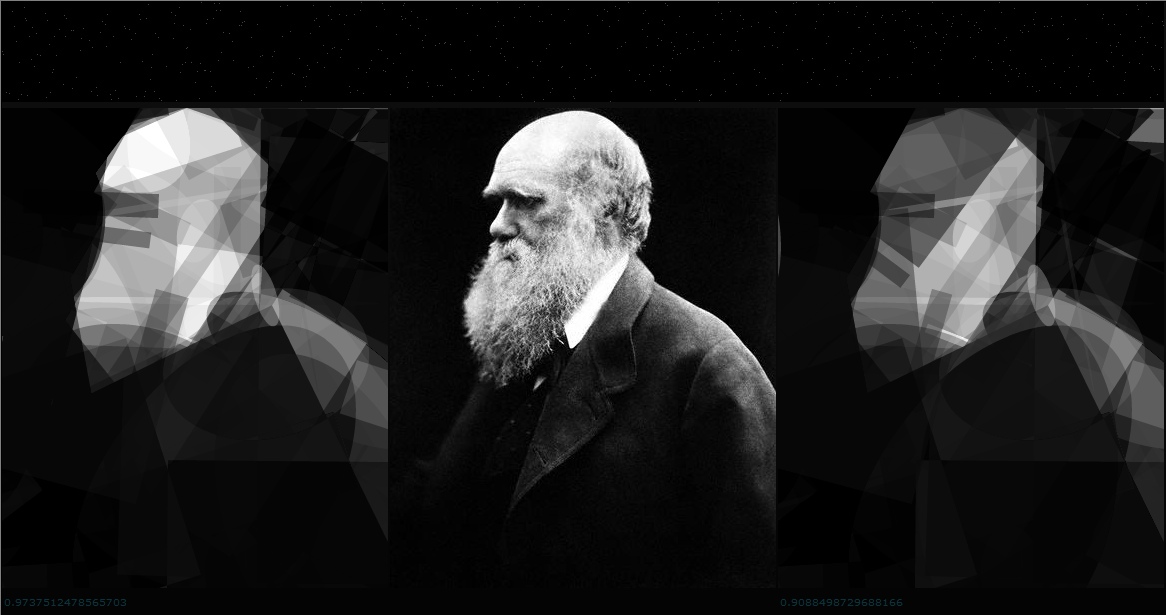“The discipline of gratitude is the explicit effort to acknowledge that all I am and have is given to me as a gift of love, a gift to be celebrated with joy.”
I have always been intrigued by the small slice of time humans have inhabited the earth.
Most scientists agree that the earth was formed about 4 billion years ago and humans, in our approximate form, have existed a maximum of 400,000 years. These two numbers make it easy to compute that humans have only inhabited earth for .0001 of its lifetime.
In simple terms, the earth has existed 10,000 years for every year that humans have been evolving on the planet.
Or, even simpler, humans have existed less than one hour in a year of earth time.

To get a better sense of the existential significance and meaning of our lives on earth, I read two absolutely fascinating books addressing this issue. The first book, Call it Grace: Finding Meaning in a Fractured World, by Serene Jones, is a frank memoir bolstered by the works of liberal Christian theologians and philosophers. Jones is the President of New York’s Union Theological Seminary and past president of the American Academy of Religion. The second book, Until the End of Time: Mind, Matter, and Our Search for Meaning in an Evolving Universe,
by Brian Greene, presents the bleak truth of a physicist and mathematician at Columbia University who is the author of The Elegant Universe and The Fabric of the Universe among others.
Essentially, Greene discusses the grace of random chance, and Jones discusses the grace of God.
It’s a bit mind-blowing that two authors coming from such different perspectivesone, religious the other scientificcould come to exactly the same conclusion: The key to a happy, productive and meaningful life is to have profound gratitude for the gift of an infinitesimal flash of time we get to spend on planet earth.
I admired Serene Jones’s transparency in writing this book. She openly shares her anger toward her self-obsessed, philandering mother and her racist, predatory grandfather. She peppers her memoir with a long list of life events she had to navigate: severe illness in India, divorce, a bout with cancer, the near death of her infant daughter and her testy interactions with her family. She finds the strength to work through all these issues from her readings of Barth, Kierkegaard, Calvin, Niebuhr and her PhD studies at Yale Divinity School as well as looking inside to strengthen her soul.
I particularly liked her analysis of the different ways in which people cope with life, suffering and trauma. She groups people into four buckets:
Flitters: People who just get lost in the superficial aspects of life and ignore the weightier issues of death, destruction, and devastation that surrounds them.
Cravers: People who are so consumed with achieving and accumulating that they don’t take time to pay attention to life and death issues.
Ragers: People who are so angry at themselves and others for one reason or another that they fail to reflect on what’s going on in their lives and in their worlds.
Awakened: People who go through life and with calm, clear acceptance of whatever twists and turns happen to them.
Jones was honest enough to admit that she spent far more time in the raging bucket than she would have liked, particularly given her training and professional career. She does not pretend to be perfect or to conform to what people might expect of her as a religious leader. In an interview with Nicholas Kristof (one of my favorite journalists), she responded refreshingly (in my opinion) to his questions on faith, virgin birth, and resurrection.
“At the heart of faith is mystery. God is beyond our knowing, not a being or an essence or an object. But I don’t worship an all-powerful, all-controlling omnipotent, omniscient being. That is a fabrication of Roman juridical theory and Greek mythology. That’s not the God of Easter. The God of Easter is vulnerable and is connected to the world in profound ways that don’t involve manipulating the world but constantly inviting us into love, justice, mercy. …
For me, the message of Easter is that love is stronger than life or death. That’s a much more awesome claim than that they put Jesus in the tomb and three days later he wasn’t there. For Christians for whom the physical resurrection becomes a sort of obsession, that seems to me to be a pretty wobbly faith. …
I find the virgin birth a bizarre claim. It has nothing to do with Jesus’ message. The virgin birth only becomes important if you have a theology in which sexuality is considered sinful. It also promotes this notion that the pure, untouched female body is the best body, and that idea has led to centuries of oppressing women.”

For readers of my posts, I’m sure you are not surprised why I would find her comments refreshing.

I admired Jones’s honesty and courage to make herself vulnerableparticularly as one of the preeminent voices in religious studies today.
I found her book compelling and wise. Her theology arises from a life fully examined, lived and appreciated.
So now let’s hear from a scientific perspective on life and death.
Brian Greene, the author of several bestselling explorations of cutting-edge physics turns his attention to the cosmos.
Astute as always, he takes an analytical approach to not only the beginning and the end of each of our lives, but also to the beginning and end of the Universe.
Instead of quoting Barthes and Kierkegaard, Greene relies on Bertrand Russell, Einstein, Newton, Crick and many others to substantiate his case that we are simply a bundle of particles governed by the laws of physics.
Greene goes into great detail (at least for a person without a PhD in physics or mathematics) about the laws of thermodynamics and the one-two punch of entropy and evolution.
In essence, entropy can be defined as a gradual slide into disorder, and evolution is the continuous search for order and survival.


Greene begins with the Big Bang and proceeds with precise accounts of what scientists know about star and planet formation, life’s origins, evolution, consciousness, culture and religion. He concludes that humans can expect to live longer, the universe even longer (perhaps another 5 billion years at temperatures that can sustain life) and, at some point, an end to the Universe and all life within it. I quote,
“In the fullness of time all that lives will die.”
The book is an insightful, extremely well-crafted meditation on our ultimate journey:
How we go on doing what we do, why and how it will end badly, and why it matters anyway.
Greene’s main idea is that we want to transcend death by attaching ourselves to something permanent.
While his conclusion is that nothing is permanent, he does end his book with this profound and poetic statement:
“Science is a powerful, exquisite tool for grasping an external reality. But within that rubric, within that understanding, everything else is the human species contemplating itself, grasping what it needs to carry on, and telling a story that reverberates into the darkness, a story carved of sound and etched into silence, a story that, at its best, stirs the soul.”
And that, dear readers, is the main message of this post: It doesn’t really matter how life will end for us or for the Universe. What matters is that we are overwhelmingly grateful for every moment we have and that we look inside to stir the soul.
Objective, impartial, impersonal reality is the important work of science AND subjective, personal, internal reality is the work of spirituality. This is the point of convergence for Jones and Greene.
Life is an amazing gift and an incredible mystery. The only choice is to love every moment we get with whole-hearted gratitude. If we only get one hour or less in the life of an earth year, then we better use it wisely.
Here are the questions:
If you knew you were going to die in the next hour, what would you do? Who would you be? Who would you want by your side?
I’m sure each of you has your own answers to those questions. For me, I want to be sitting around the fireplace with my family listening to Leonard Cohen, watching the snow fall gracefully on the trees, and sharing stories of boundless blessings. I want to glow with enormous gratitude for the gift of life. I hope I will be big enough to see my smallness, humble enough to own my hubris, and strong enough to be at peace with my life and my death. Hopefully, I have many more years ahead on this journey, but when the time comes that’s how I want to spend my last hour.
I want to leave this journey as Henri Nouwen suggests: full of gratitude for the life I have lived as a gift of love, a gift to be celebrated with joy.
May it be so.




My (almost) daily Gratitude list includes you my dear friend! Thank you for being you!